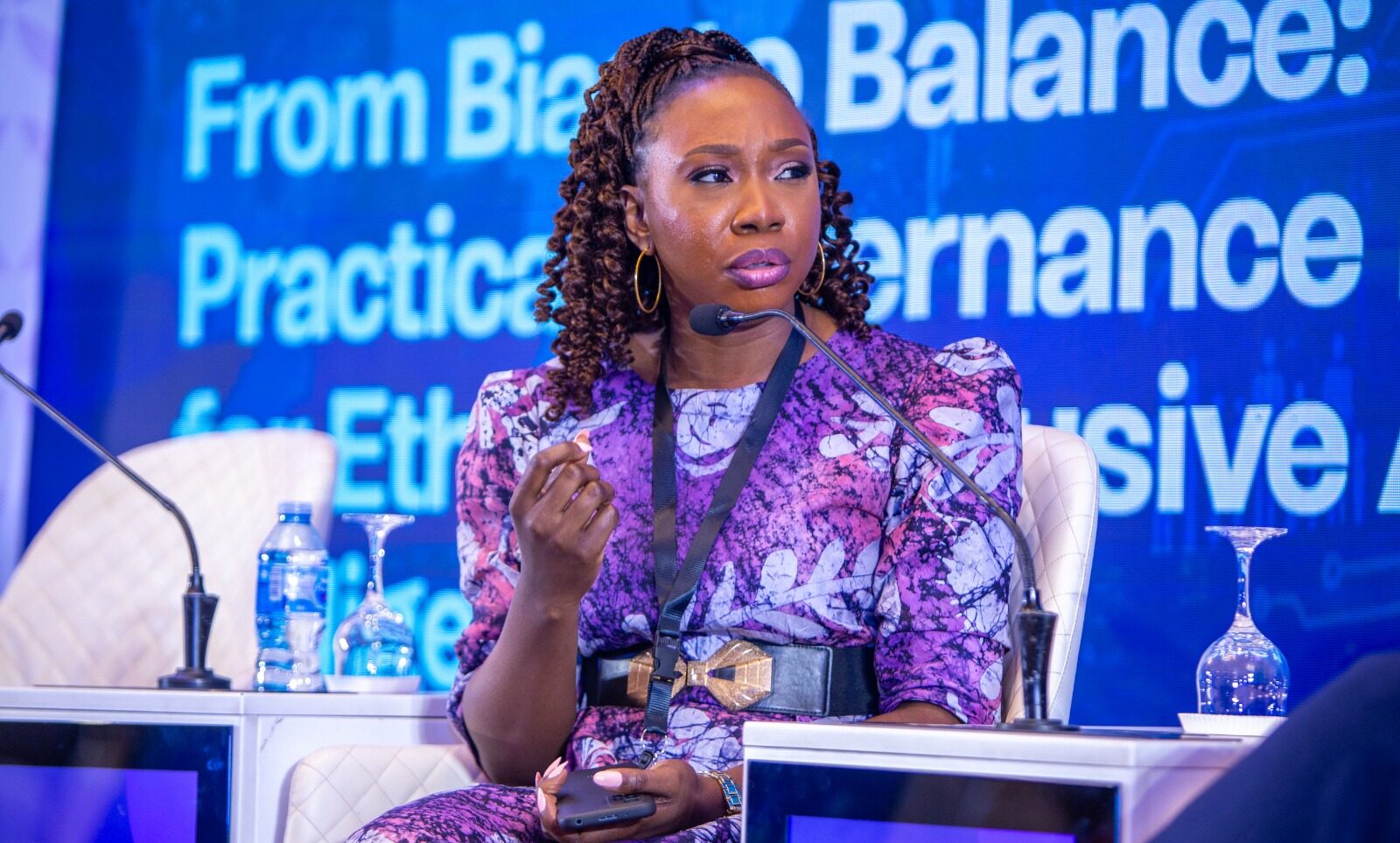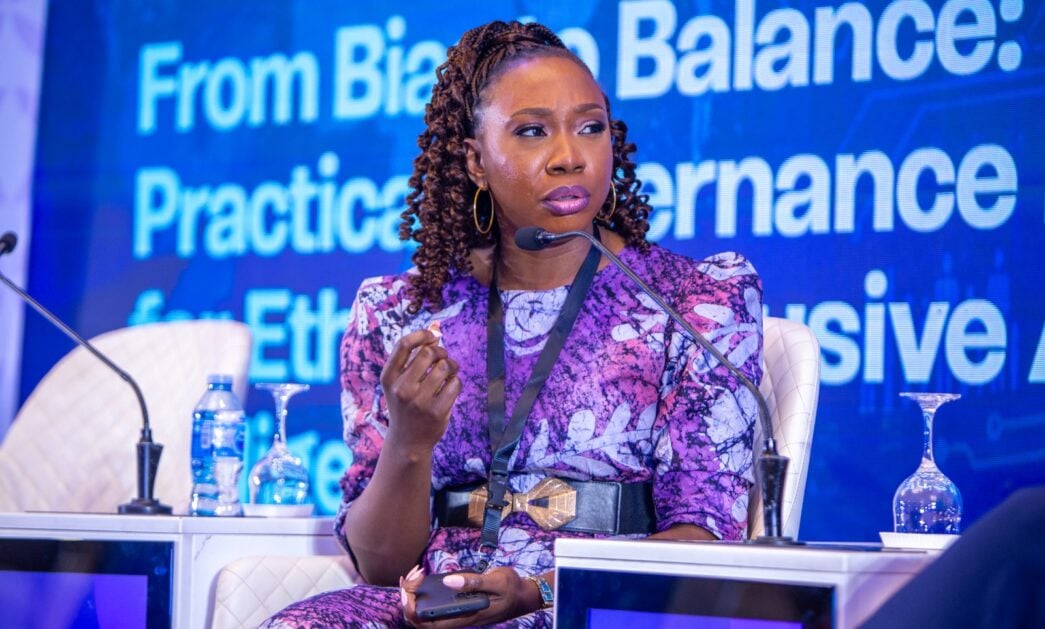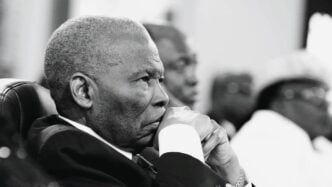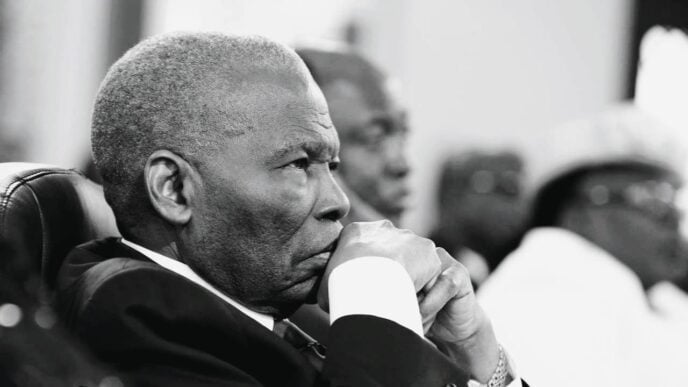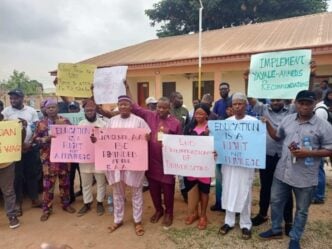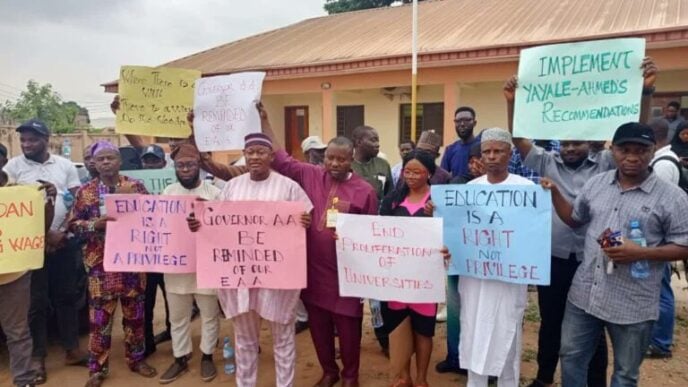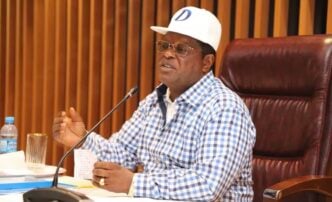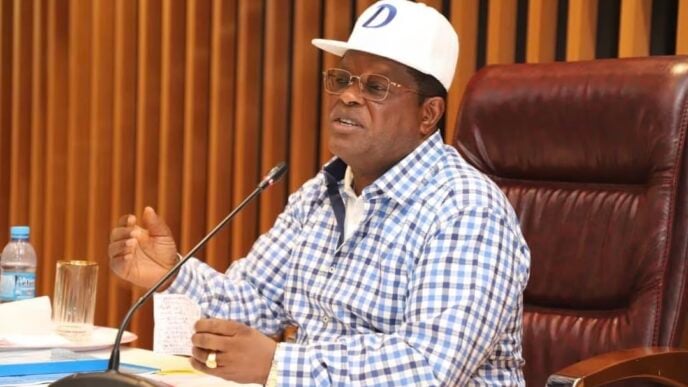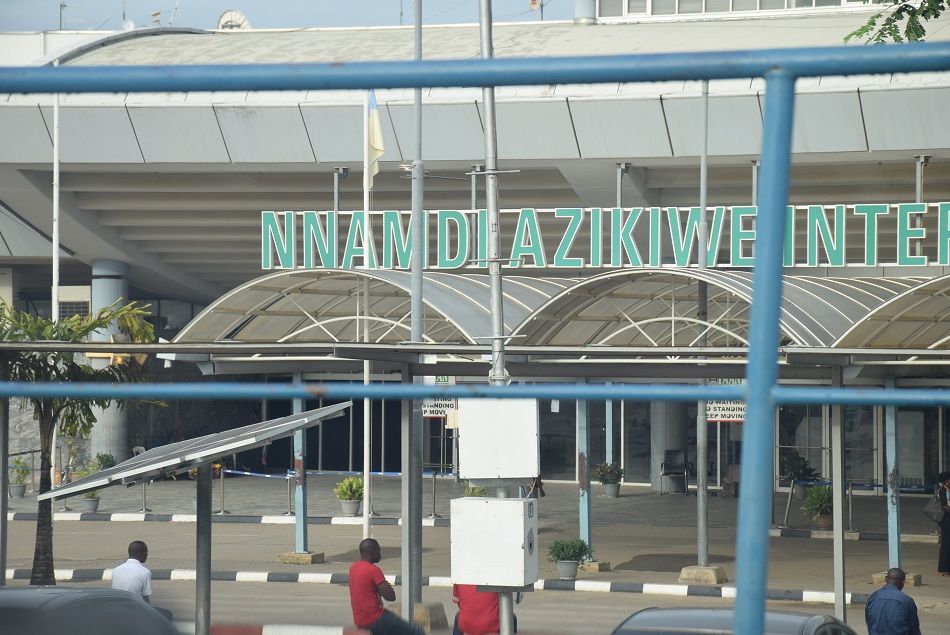Adekemi Omole
Adekemi Omole is the gender and inclusion lead at the Policy Innovation Centre (PIC), a non-governmental organisation (NGO) that focuses on deepening the impact of social interventions in Nigeria.
In this interview with TheCable’s YEKEEN AKINWALE, Omole speaks on the recent gender summit (GS25) held by PIC in Abuja, the nation’s capital. She said there is a misconception about gender inclusion that limits advocacy to women, noting that boys and girls are equally marginalised.
TheCable: Briefly describe your role at PIC.
Omole: So, basically, my role entails ensuring that across the three thematic pillars of the PIC – that’s policy and governance, gender systems, and strengthening gender and inclusion programming – we can deliver on those three pillars.
Advertisement
The gender and inclusion summit that has brought us here is under the policy and governance pillar, basically thinking through how we can ensure that we are able to drive gender-responsive governance in Nigeria and Africa at large.
TheCable: Would you say there are enough policies to ensure inclusion of the marginalised groups in Nigeria?
Omole: Yes, in Nigeria, we have the national gender policy; we have African-centred policies that are gendered. However, one of the issues we have is how the policies are designed.
Advertisement
I know we have something comprehensive for the country, but do they include different dimensions that really speak to the wide spectrum of population groups we serve?
When we talk about gender, it’s not just about women; it’s about boys; it’s about girls; it’s about men, and it’s just about having that holistic policy. So, I would say we have policies; however, the challenge comes up at the level of implementation.
Do the policies have roadmaps on how they should work? Who are the key stakeholders to do what? How are we going to measure progress? Do we have SMART goals? How would we know if the policy is working or not? Those are some of the challenges.
Sometimes, the policies are not well designed, and at the level of implementation, we also see some gaps there.
Advertisement
TheCable: If the policies are not well designed, then they affect implementation. So, where did the problem come from?
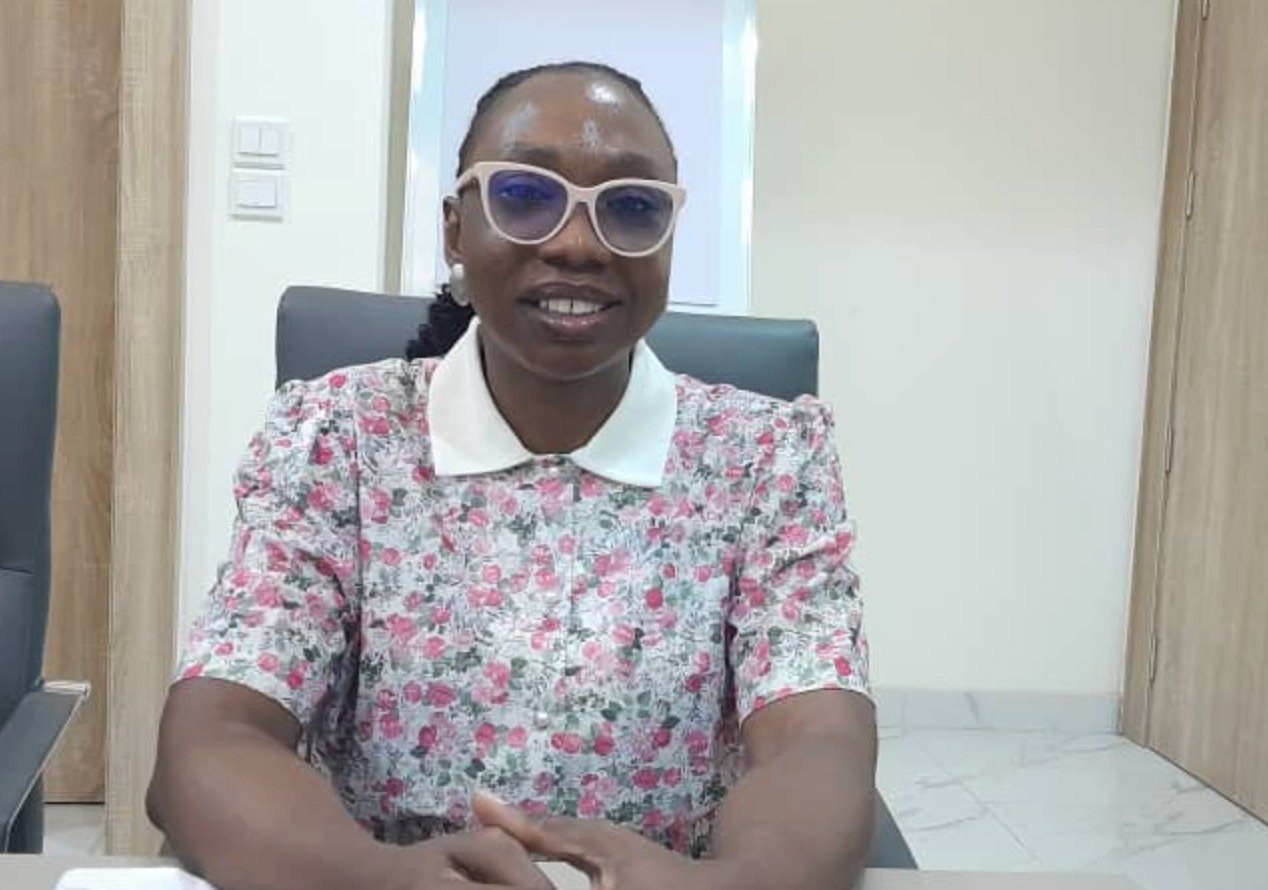
Omole: The policy, oftentimes, is for the people. As they say, you cannot shave our heads in our absence. So many times, many policies are designed with some people just sitting in a room and scribbling something they think would work for a particular target population.
However, have we heard people in the room? Have we heard their voices? What are the problems? So, a lot of times, policies are designed while the people they are meant for are absent.
If we do not bring key stakeholders who are affected and who the policies are designed for into the room, we’re going to miss some critical points, and we would have invested resources, and we will not get the results. So, I think that’s one of the reasons why policies fail.
Advertisement
Also, if you do not get the key people in the room at the point of design, they won’t know the need to invest their resources. In implementing policies, you need to put money down so that those recommendations can run. Policies are just recommendations at the end of the day.
But if you have the right stakeholders at the point of design, then you can let them see progress over time. You get their buy-in, and they would even support you at the point of implementation. It’s not just one one-directional process, so you have all the stakeholders present to drive that policy.
Advertisement
TheCable: During elections, women form the highest number of voters. I’m sure. Are you satisfied with women’s representation in government and in politics?
Omole: Well, sadly, it’s very little. And I’ll come from this angle of not being satisfied, because if you have two major population groups in a country like Nigeria that are legally recognised, and you only have one particular group speaking for them, there are a lot of things that we miss.
Advertisement
This is also a burden on men. I don’t know if you have seen this pictorial image that goes around, whereby the men were sitting to discuss issues around water.
Meanwhile, the women were the ones who had the issue, because they were the ones who had to go and fetch the water. So, whatever they were going to discuss was not going to work.
Advertisement
For example, there was a community where a solution was provided. They said that where the women fetched water was too far away, and then they brought taps to the communities.
The women never used it. When they asked the women, they said, ‘We can’t use it because the time we go and fetch water is the only time we have to relax; it’s the time we have to catch up with our friends.’
When we do not have equitable representation in government, our recommendations and our solutions will be tailored for only a few.
So, we need more equitable representation in government, including women, so that we can solve some of these problems that have stayed for too long.
TheCable: What is the problem? Is it that Nigeria does not have qualified and competent women who can actually go head-to-head with men when it comes to politics?
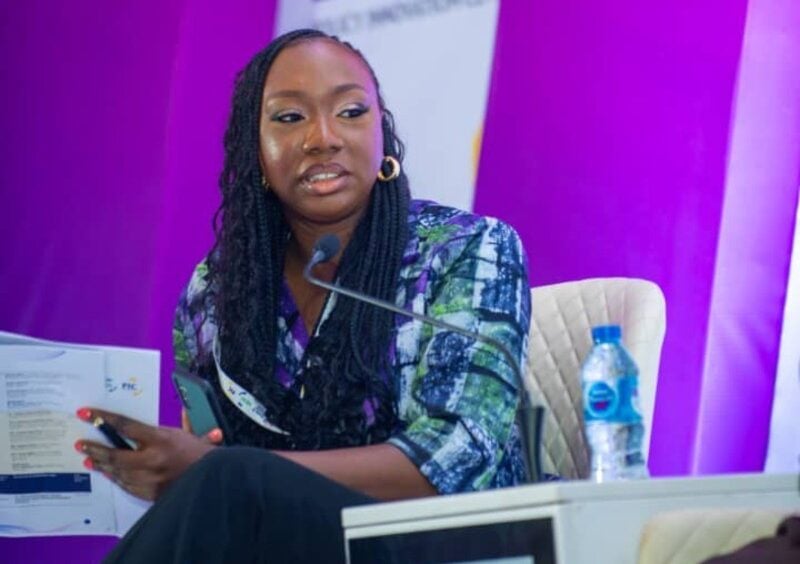
Omole: I think that might even be a problem. It’s not even going shoulder to shoulder.
I think it’s also a challenge to gender norms. There’s this concept called productive roles, whereby it is the men who should do things that bring money, and women should take up more reproductive roles, caregiving and all those softer roles. Then there’s a community role, whereby issues around leadership are assigned to men, and there’s honour that comes to it.
So, traditionally, we have been socialised to think certain roles are meant for a particular gender. I think there is still that issue whereby we have not opened our minds enough to think that a woman should lead.
Until we’re able to have the right sensitisation, until we’re able to have minds changed, then everything will be rhetoric.
TheCable: Are you optimistic that in the very near future, we might actually have maybe an elected woman governor or a president in Nigeria?
Omole: There are lots of barriers. About the cost of running for government, for example, in Nigeria, it is very expensive.
Of course, we have women who are successful; for example, we saw Funke Akindele running for the position of deputy governor in Lagos, and she could only do that because she had capital to back it.
But then again, I’m very big on root causes. What is the cause of this problem? Or else it’s just like you’re painting a building, but then the foundation is the problem; the building would collapse. So, I think that issues still boil down to our thinking of a place for women.
But like you said, a lot of work is being done through socialisation from secondary school. For example, the younger generation sees things differently from the older generation. So, because of that reason, because minds are more open, I am very hopeful, and I know that we’ll see women taking more leadership positions.
However, to be able to achieve that, we need to do a lot of things, a lot of institutional things. We’re going to approach it using an institutional approach whereby we look at the structures, we look at policy, and we look at budgets; it’s going to be a lot of things for it to work. We look at existing cultures within even the political system; we look at norms and all those things.
But we are making progress. However, we need to accelerate the progress we make.
TheCable: Given the efforts that the PIC has been making to give voices to the voiceless, especially with the annual summit, would you say there is progress?
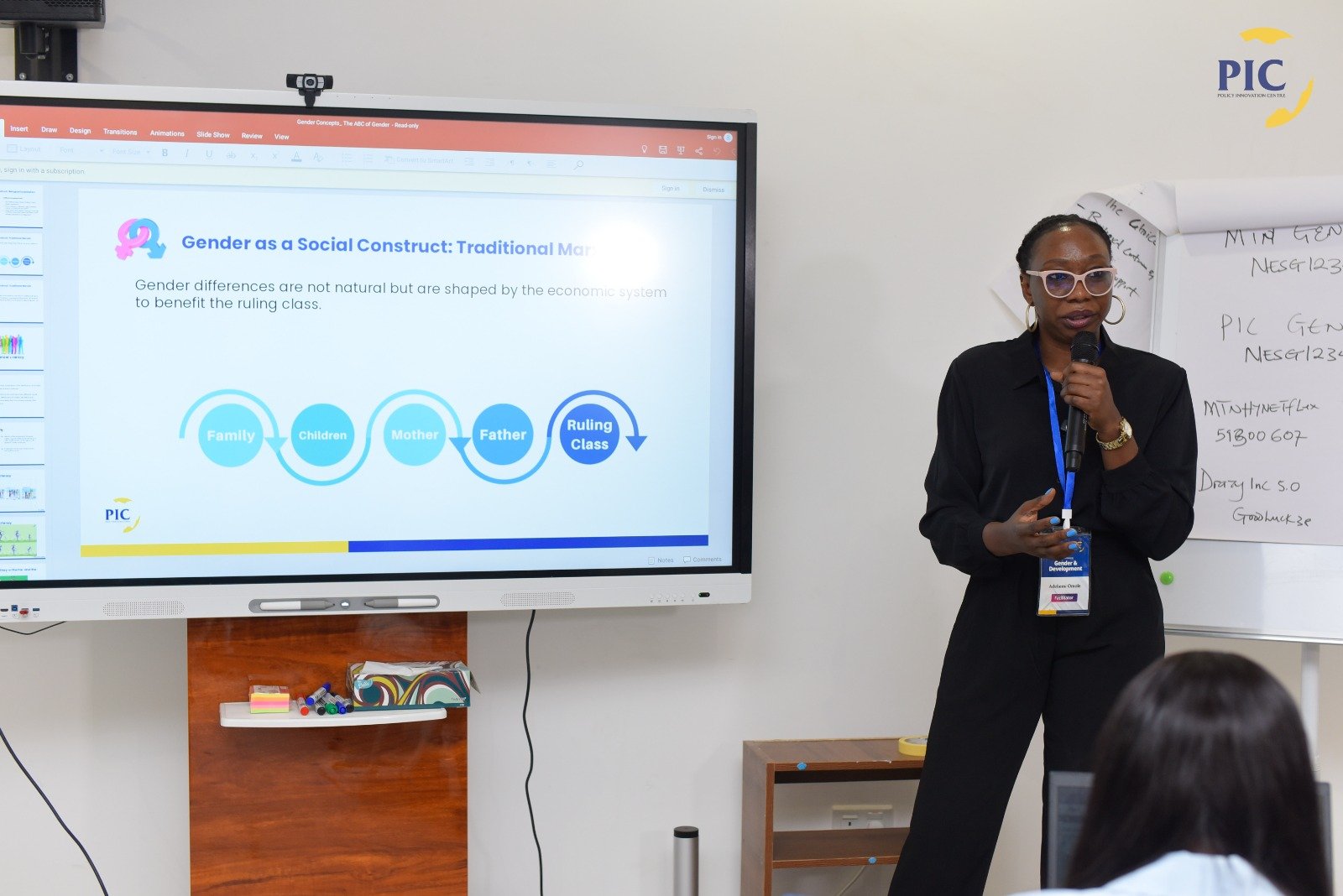
Omole: Let me use data. The World Economic Forum has a gender ranking and a gender report, and in 2023, we had Nigeria. I think we ranked 123 of 146 countries, and in 2024, we went back to 126; now we’re 123, but we’ve not made progress.
For example, it will take Africa over 120 years to close the existing gender gap. If we were to disaggregate it by 120 years, if we were now to disaggregate it by region, countries like Rwanda would have helped us to shrink that number, but we have countries like Nigeria, which are still ranking 123.
So, we have a lot of work to do. But we are grateful that we have made some progress; that we can even have this conversation is a sign of progress, but we have a lot of work to do.
TheCable: I’d like you to talk more about the GS25.
Omole: The GS25 theme was “new voices and new approaches for accelerating an inclusive society”. Basically, the idea is that a lot of things, innovations, have been done in the past; however, why are we still here?
I think we may need to switch gears, so what do we need to do? What we are going to do with this summit is leverage it as an agenda-setting platform. For example, we have some key focus areas. I know in 2023, Nigeria contributed up to 29 percent of maternal mortality globally; now, that is very high.
So, we intended to use the summit as an agenda-setting. For example, in the maternal health space, there is a lot of work being done, but issues around coordination are a challenge. We are going to maybe come up and find out how we can move forward in the area of women in leadership, like you had mentioned. We are going to see how we can even bring together all the work to be done and maybe have a unified framework, for example, that can be templated across sectors.
How can we leverage, for example, traditional and faith leaders because their voices matter, and especially because this issue is very normative? How can we work with them to ensure that there is a mind shift so that we can really see tangible change?
Also, things around mobility, how can we ensure that everyone has equal access to mobility without losing their dignity? We are going to leverage the summit to set an agenda around critical problems, and it won’t just stop at those conversations; we are going to set up metrics so that we can measure progress over time.
Another thing is that we always say that people know how to, not all the time, but people know their pain points. For example, we are domesticating the women’s economic empowerment (WEE) policy in Lagos state.
And when you ask this year, they tell you that we are providing technical support to the Lagos state government, and they will tell you that I don’t want loans; I want grants. They know what they want, you understand. How can we leverage and find out innovations within the community that, if we just give them a bit of water, give them a bit of funding, and give them a bit of mentorship, can be cascaded, because research has shown that solutions in the hands of people are more sustainable?
TheCable: What are the specific things that we need to do to fast-track bridging the inclusion gap?
Omole: To fast-track bridging the inclusion gap, I think the first thing we need is to create more awareness. For example, we have a lot of policies. How many people know what they are? We also need to engage the right stakeholders.
Then we need to get commitments; state governments must commit, imams must commit, reverends must commit, leaders in different sectors must commit, and women leaders must commit to this cause.
Now, when we have commitments, and by commitments, it also means monetary as well, we begin to see changes happen. Because I think we’ve done a lot, we’ll keep talking until we see results. But that’s just a very easy framework to understand: awareness creation. I cannot commit to what I’m not aware of.
How many of our policymakers really understand this issue around gender? If you bring gender, they’ll think you’re talking about a woman, and truly, if they really understand, you’ll be amazed at how willing they will be to take it up because it’s about men, boys, girls, women, and the elderly; it’s really intersectional.
Gender mainstreaming or inclusion is not about women; women are just a component. It’s not about men; it’s about boys and girls.
I think again, maybe one of the major problems we now have is the misconception of the fact that it’s about women. There should be a lot of advocacy and awareness around it.
